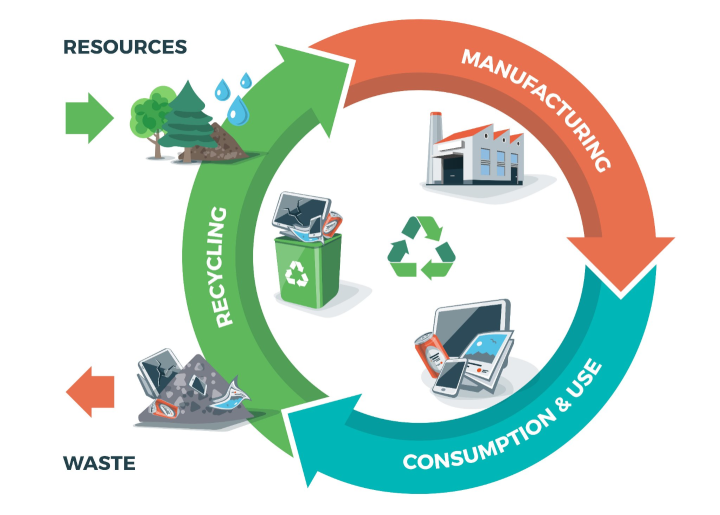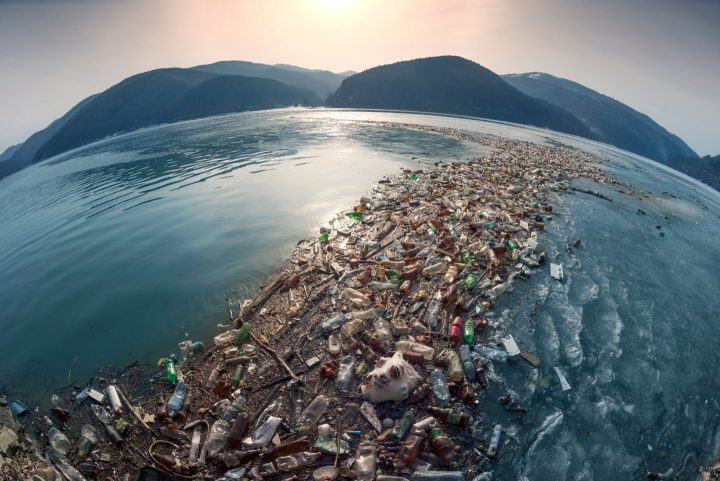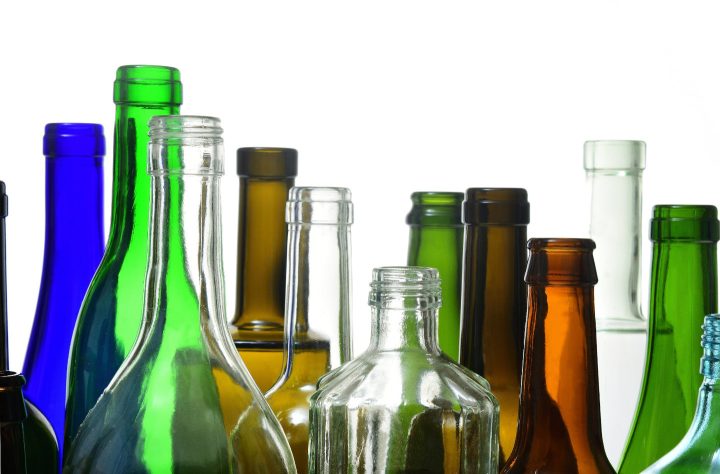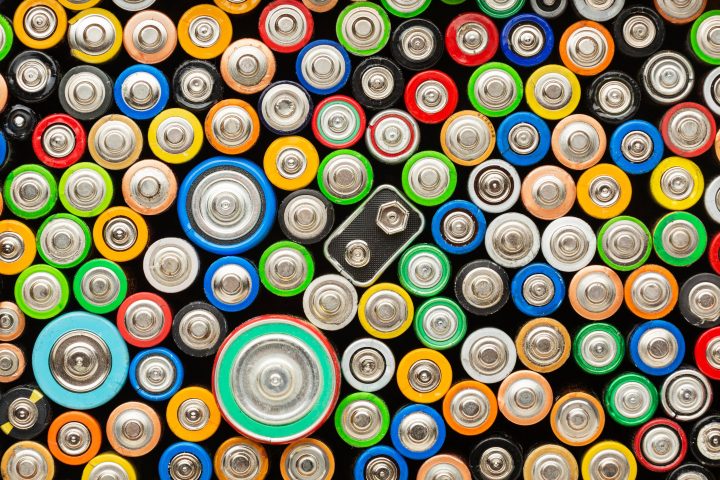Climate change is a considerable challenge, already affecting people’s health, ability to grow food, economies and ecosystems worldwide.
We know we must make fundamental changes to mitigate the disaster.
Global frameworks and action, cutting emissions, switching from fossil fuels to renewables will all contribute but we need to do more now.

The Global Recycling Foundation president, Ranjit Baxi, said: “Recycling is the only global initiative which can be instantly deployed throughout the world to help combat climate change.”
Landfills produce methane, a greenhouse gas that contributes to climate change. When we recycle, we reduce methane emissions by diverting waste that would otherwise go to landfill.
The impact of recycling on our planet’s resources
Since the industrial revolution, humans have had an ever-growing impact on the environment.
We have extracted more and more resources from the earth to fuel our factories and homes, without thought for the future.
Now, we are starting to see the consequences of our actions.
The planet is running out of resources. We are polluting the air, land, and water at an alarming rate.
Recycling is one way that we can reduce our impact on the planet.

Let’s explore some of the most common resources we can recycle today.
Plastics
Today, plastics are used in everything from medical devices to packaging and construction materials.
There are many different types of plastics. Some are made for single use, while others are designed to be durable and last for years.
While plastics have only been around for a little over a century, they have already had a profound impact on our world.

Here is a brief history of how plastics came to be and how they have changed the way we live:
The earliest plastic was made and showcased by Alexander Parkes for the first time at the 1862 Great International Exhibition in London. Parkesine, derived from cellulose, heated and cooled into shape, was the first man-made plastic.
From disposable cutlery to bulletproof vests, there are many surprising uses for plastic.
Recycling plastic lessens waste in landfill sites and reduces the use of crude oil.
Paper
Unlike other materials, as aluminium for example, paper is limited to the number of times it can be recycled.
During the recycling process, paper is broken up shortening the paper fibers. This puts a limit on the number of times it can be recycled, to a maximum of seven.
For this reason, paper is mostly recycled to make toilet paper or cardboard and can be used as an alternative fuel or for organic composting.
Glass
Glass is one of the most easily recycled materials. It is simply melted and reformed to make, for example, new bottles.
The energy required to do this is less than the energy required to produce new glass from raw materials.

Metals
When it comes to recycling, metals are perhaps the most important materials to recycle. Not only is metal recyclable, but it can also be recycled over and over again.
It helps to reduce the amount of waste that goes into landfill and conserves natural resources.
The process of extracting metals from their ores and melting them down is significantly energy intensive.
This is because extracting metals from their ores requires a great deal of heat to break down the chemical bonds holding the metals together.
Once the metals are extracted, they can be melted and molded much more easily.
It takes less energy to simply remelt and mold metals that have already been extracted.
What about metals in batteries?
Batteries are made using metals such as lithium, cobalt, iron, copper and aluminium. As discussed, metals are highly recyclable. Metals used in batteries are no different.

Mining metal ore combined with the processing needed for a useable commodity is extremely energy intensive. We must properly recycle batteries to prevent these resources and chemicals ending up in landfill to significantly reduce environmental impact.
Get Recycling Right Now
In the face of climate change, recycling is more important than ever.
We reduce the amount of waste and pollution that is created from manufacturing new products when recyclable materials are recovered and used instead of virgin materials.
Recycling helps us protect our home by reducing emissions and waste, saves energy, reduces our impact on natural resources and helps to minimise our carbon footprint.
Read more > Let’s Get Real and Get Recycling Right with Recycle Now
